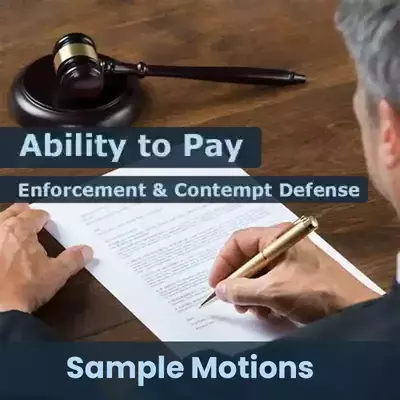A pro se mother got some of her gag orders overturned by a Tennessee appellate court in a recent case ruling. The mother says she used the constitutional principles she learned from the Palmers book, NOT in the Child’s Best Interest. The appellate court stated that they had no “on point” case law to guide them with the case before them. So the Tennessee appellate court used sister state cases to help guide them on their analysis of the case of whether the mother’s communications had been unconstitutionally infringed, or as they say in constitutional law, a prior restraint on free speech. A Tennessee attorney wrote a blog post stating that this was a first and that he had never seen a case like this out of family court.*
The appellate court found that certain sections of the mother’s speech had been restricted in too broad and vague a manner to be enforced and overturned the part that restricted her from posting about the father on social media and overturned the part that restricted mother from discussing “any adult-issues” with her child.
Consequently, we modify the juvenile court‘s injunction to remove the prohibitions against 1) any reference by Mother to “Father at all on s< span style="color: #000000; font-family: Courier New; font-size: small;">ocial media“ or 2) discussions of “adult–only issues“ beyond those topics specifically referenced in the injunction. Our ruling, however, does not preclude the juvenile court from expanding its injunction in the future to cover additional topics provided the restraints on Mother are supported by adequate factual findings and are narrowly tailored to limit the prohibited speech.
You can read the full case here.
The mother didn’t get all of the gag order overturned but she did get the portions that prevented her from telling her story publicly overturned. I do not agree with the appellate court however that the rest of the gag order did not still constitute a prior restraint on free speech and believe that this could further be argued to higher appellate courts. (Remember, that your case facts will depend on how you argued them at trial and in your brief. This ultimately determines the results of your case. So unfavorable results in one case does not mean that you will get the same results in your case. So never give up fighting for your rights.)
Interestingly, and not surprisingly, this Attorney calls this mother’s result a loss. It seems to be difficult for attorneys to accept that pro se are getting better results than they are now. That’s simply because attorneys have refused to raise these constitutional protections. Where parents are willing to fight with everything they have. Parents, like this mother, are learning that most of the time their rights are the only thing they may have going for them.
This case proves that you do not have to be an expert to fight for your rights. You do not have to be an expert for your rights to protect you. You do have to learn about your rights and how they protect you. Our book, NOT in the Child’s Best Interest,” summarizes these principles for you and provides you with over 90 supreme court cases.
Note that this mother prevailed on the vague and overly broad portions of the gag order but did not prevail on the more narrowly tailored portions of the gag order. Those, we believe, could be argued as prior restraints successfully in many cases however. This is where it takes quite a bit more understanding about how these rights need to be argued. Our book covers the basic foundations. Our materials constantly evolve and you see this in newer materials that build upon the foundation of the books that we have, in the form of sample motions, online classes, and other developing books and materials.
*Tennessee Attorney summarized the case here.
Want to learn more about this issue listen to the interview with Ron Palmer with Ted Fogg and Johnny Panko with Restoring Freedom Internet Radio and Million Parent March 2017 here.
There are certain types of speech that are not protected, defamatory speech is one of them. Speech that causes harm. That harm needs to be proven. The appellate court in this particular case declares that the mother’s speech in some of the areas proved to be harmful. This is an area however that can be argued. There are some types of harm that a court is not allowed to prohibit or protect from. This means that a child getting upset over something you spoke to them is not necessarily grounds to protect the child from that speech. For instance, if a parent tells a child “no” they cannot go to that concert and the child gets upset. A parent can make decisions and say things to children that make them upset.
What a parent cannot do is defame someone or create the kind of harm that yelling fire in a crowded public place can cause if there is indeed no fire.
Comment below about your experience or thoughts about gag orders.



























